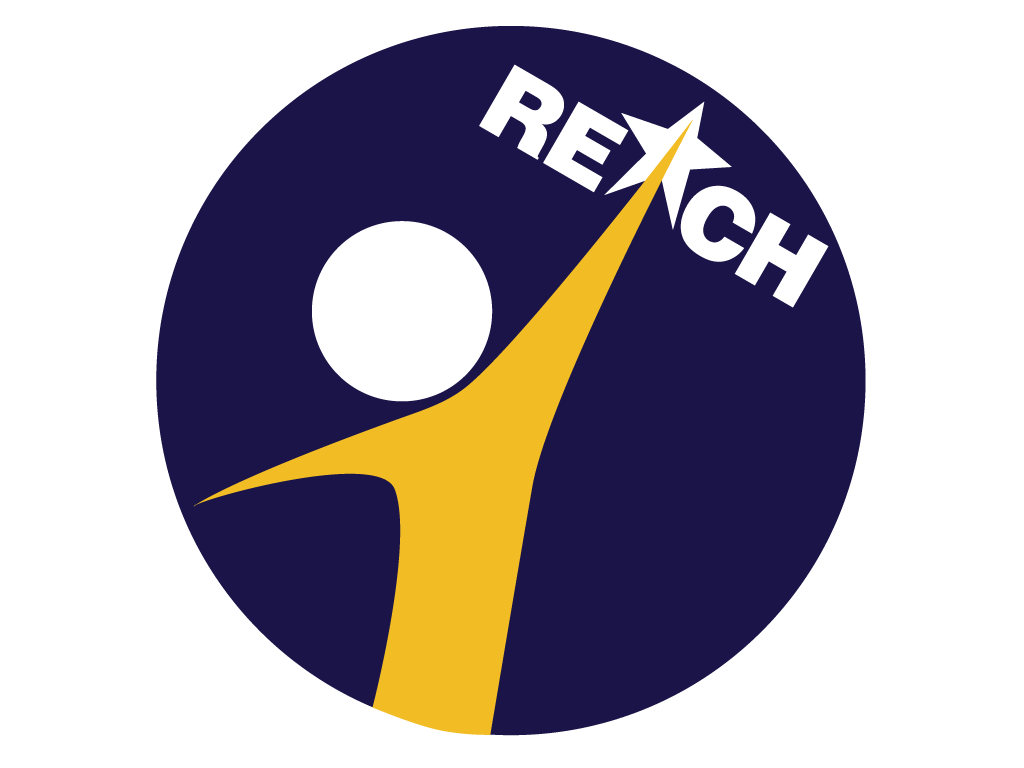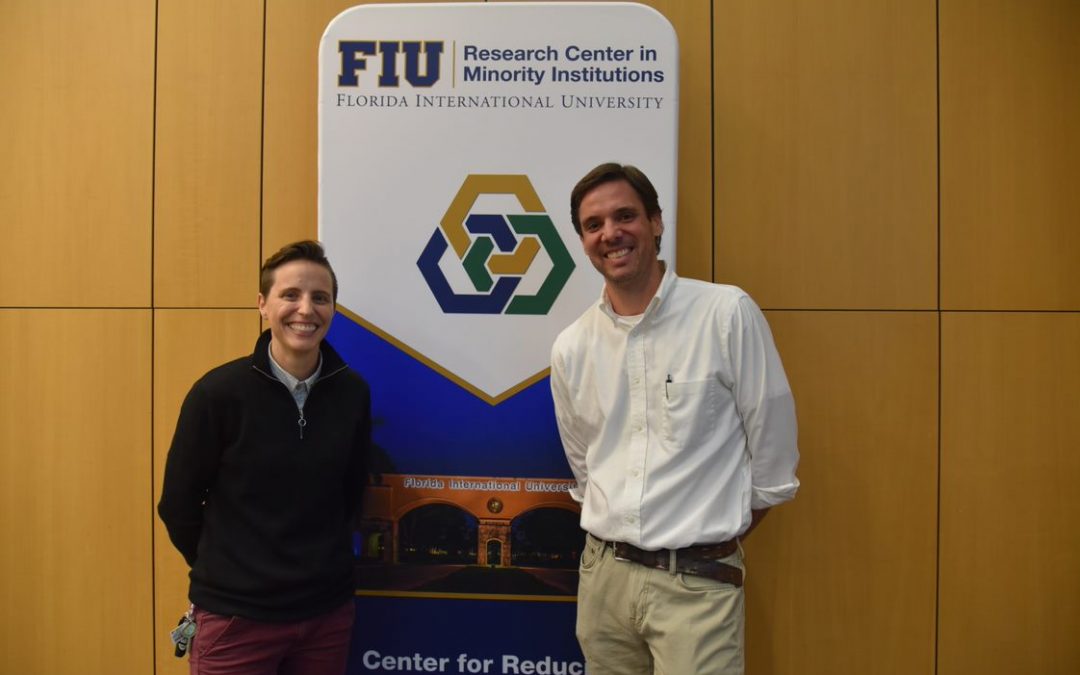02 Oct ReACH Lab Makes Headlines Answering: Can You Overdose on Benadryl?
ReACH Lab director Dr. Elisa Trucco recently contributed to a news article on The Healthy that investigates a recent TikTok “challenge” where children and teens are meant to take high levels of the antihistamine Benadryl in order to hallucinate. But is this a harmless passing fad or can youth overdose on the drug? After a 15-year-old Oklahoma teen died after ingesting too much Benadryl earlier this year, it’s clear this trend is no laughing matter. “Though over the counter, one can overdose on Benadryl,” says Felice Gersh, M.D., who listed multiple potential side effects of not taking proper doses of the antihistamine, such as low blood pressure, major brain effects, or even seizures.
This “Benadryl challenge” may remind some of the “Tide Pod Challenge” of 2018, where children and teens were eating laundry detergent pods for fun and posting videos of it online. Dr. Trucco says youth partake in dangerous activities like these partially due to brain development, and partially due to a desire for approval from their peers. “Given how the brain develops, adolescents are in a phase of their life where they are primed to act on impulse without thinking through all the potential negative consequences,” explains Dr. Trucco. Brain development combined with the desire for peer approval increases the appeal of potentially life-threatening activities. “Teens don’t necessarily stop to think about how overdosing on a substance could lead to an emergency room visit. They are more tuned into gaining the more immediate likes, views, and followers on social media,” says Dr. Trucco.
Communications expert Joanna Dodd Massey says parents don’t need to lose hope following yet another dangerous online challenge, suggesting that adults stay transparent and truthful when communicating with their teens about “real dangers stemming from medication, social media, and peer pressure.” Massey says “When parents tackle these tough subjects head-on, with compassion, clarity, and calm, they can make a difference.”











